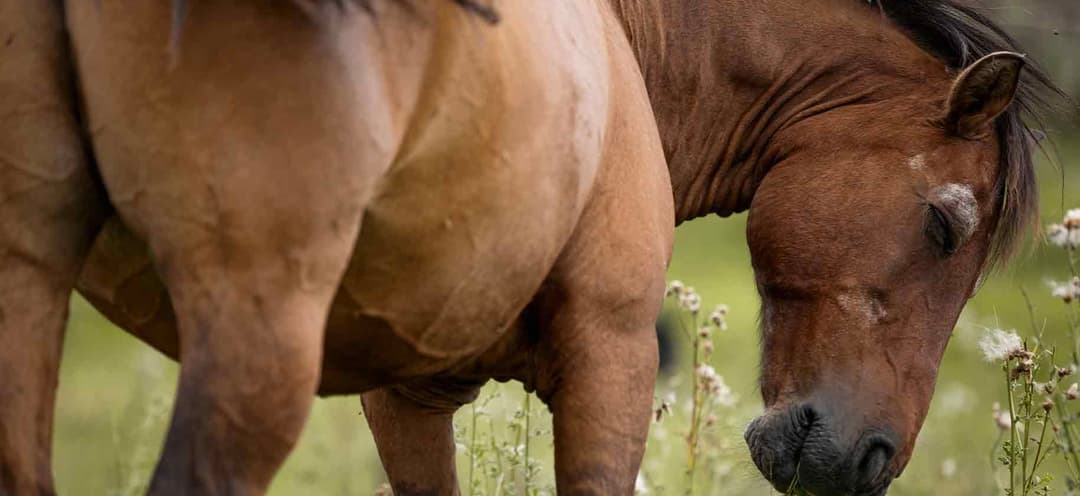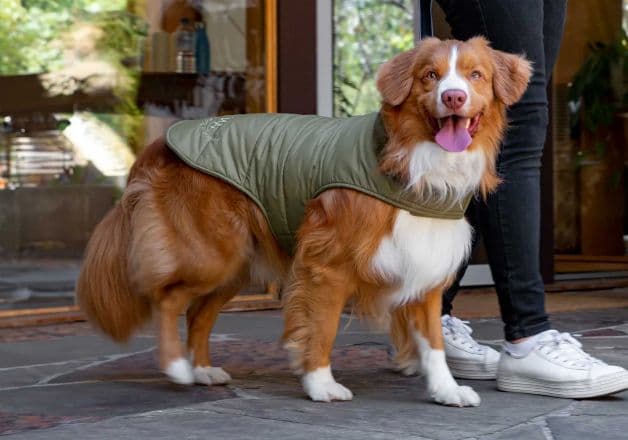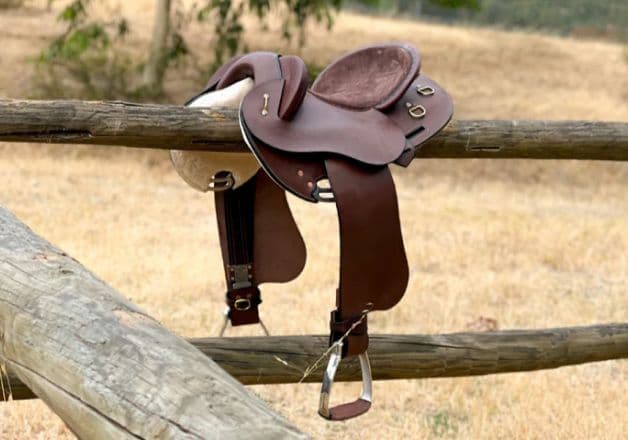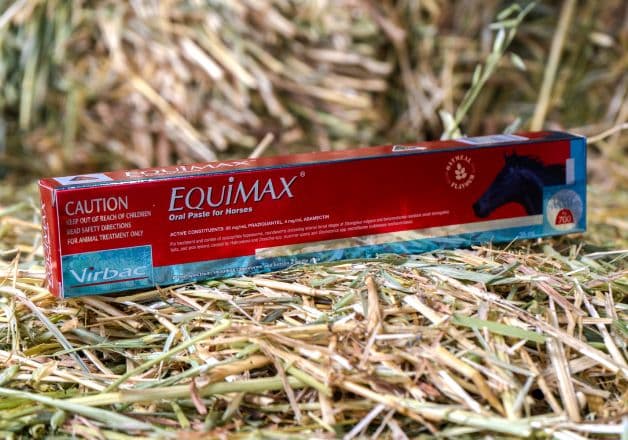
Feeding an Elderly Horse
Aging is not a uniform process for any animal. As some people age better than others, so is it that some horses age better than others as well. You may find that your horse still seems very healthy and vigorous even though he or she is over twenty years old. Other horse owners may find themselves caring for a horse that is less than ten years old and still seems weathered and tired. Establishing a general rule for when a horse should be considered elderly can be somewhat difficult. Improved medical care and living conditions have helped extend the healthy years of many horses today.
General care
One of the most important things to know about your aging horses is that they require the same general care as your young, intermediate and performance horse. They still require regular dental care (every 12 months minimum) to ensure that all of their feed is able to be processed and digested to the maximum potential. Regular worming is essential for the health and well being as well as a regular visit from your resident farrier. An older horse is still susceptible, if not more susceptible, to illness and injury as much as their younger counterparts.
Keeping your elderly horse warm
So caring for the older horse poses some challenges. Horses do use a certain amount of energy just to keep warm during the winter. In the winter your horse will use up to 80% of his feed energy to keep warm. Making sure that he is well-rugged you will avoid wasting energy on heat loss, and allow it to be used for weight gain and work. So if your horse is older, it may be even harder for them to stay warm during the winter without a little extra assistance.
You may even indirectly save money on horse feed by investing in a nice warm horse rug. If your horse is older, he or she may have less body weight compared to a younger horse, which will only make it harder to avoid being cold in the wintertime. You may need to give your elderly horse more food during the winter to compensate, making rugging even more important.
Changing dietary requirements
Your horse's dietary needs are going to change as he or she begins to age. Some elderly horses may have dental problems that inhibit digestion right from the start, or problems with their internal organs that will inhibit the absorption of nutrients further. Fortunately, you should be able to find plenty of horse feed brands that have varieties of feed specifically targeted towards older horses. Monitoring your horse’s condition with a weight tape or tape measure will allow you to pick up changes quickly, and allow you to adjust the diet in good time. Generally, you should be able to run your hand lightly across your horse’s ribcage and just feel his ribs, but not see them.
If you are giving your horse a type of feed that is specially formulated for older horses and you still suspect that he or she still may not be getting the nutrition that he or she needs, your veterinarian may prescribe vitamins. It is still best not to administer any supplements yourself without the guidance of a veterinarian, since all horses needs will vary. If your horse is over twenty years old, you should rest assured that many modern horses are able to stay healthy well past the age of thirty. If you continue to give your horse excellent care, he or she may live to a ripe old age indeed.
If your horse show signs of stiffness or even arthritis it is highly recommended to include herbs and supplements into your feeding program. This will make them more comfortable as they get older.
Caribu has a wide range of horse supplements to consider, or you can consult with your veterinarian for tailored advice.


